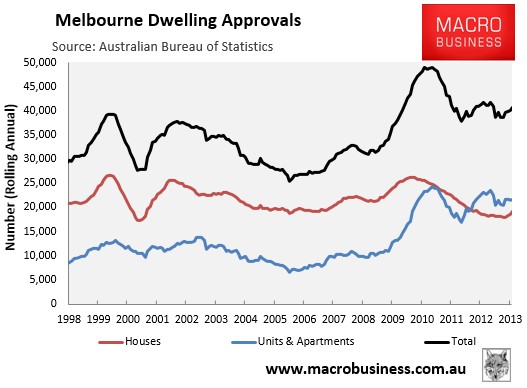On another front; Given that many (most?) baby boomers have very little retirement funds, and hold much of their wealth in their home. Why would the government want to reduce housing prices? They would have to pay more in pensions, in addition to the extra social housing that reduced investors would createwouldn't they?
I would say demographically baby boomers would comprise the majority of the voter base. Additionally they would be the age group most likely to hold an investment property at a guess?
They not reducing house price, they design policy to reduce government expenditure on subside investors....if house price drop as a result of this, then house piece was over price in the first place because this sort of policy distort price and it's not true market value...
If you are a conservative investor you got nothing to worry about, most of your properties will be positive gear and you may be able to pick up more that are +ve gear.
The change of laws or crisis always affect the speculators and the over gear.
No where else this is as clear as day light is the stock market, people think they are genius in bull market and load up debt... Then the tides turn, margin call, price crash they force to sell as they can't meet debt repayment or margin call.
The conservative investors step in buying stuff a fraction of what they was before and so wealth transfer from the speculators to the real investors.
And while we are on pension coming soon they will cap your home price asset
So if you hold multi million dollar house as a PPOR your pension will be reduce accordingly.
So the pension truly go to the people that need most..
Joe Hockey age of entitlement speech, he will implement them and some be will coming in May budget
20 years of housing boom make people forget debt and over leverage but history will tell you nothing goes up forever, there will be a trigger that start the reverse to the mean....no one know when or how, you only find out afterward...doom day predictors are just that, they have 50/50 chance getting it right in the time frame they mentioned but No one knows
Keep yourself in check and don't do anything reckless ...
Last edited:


